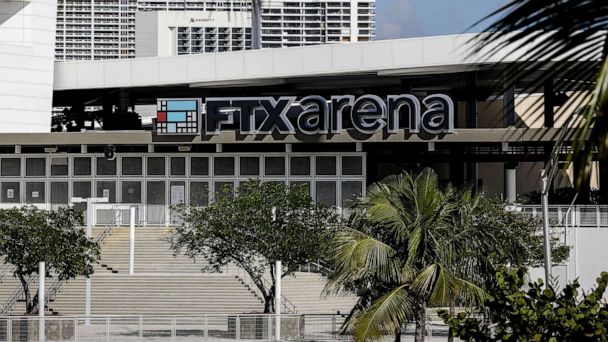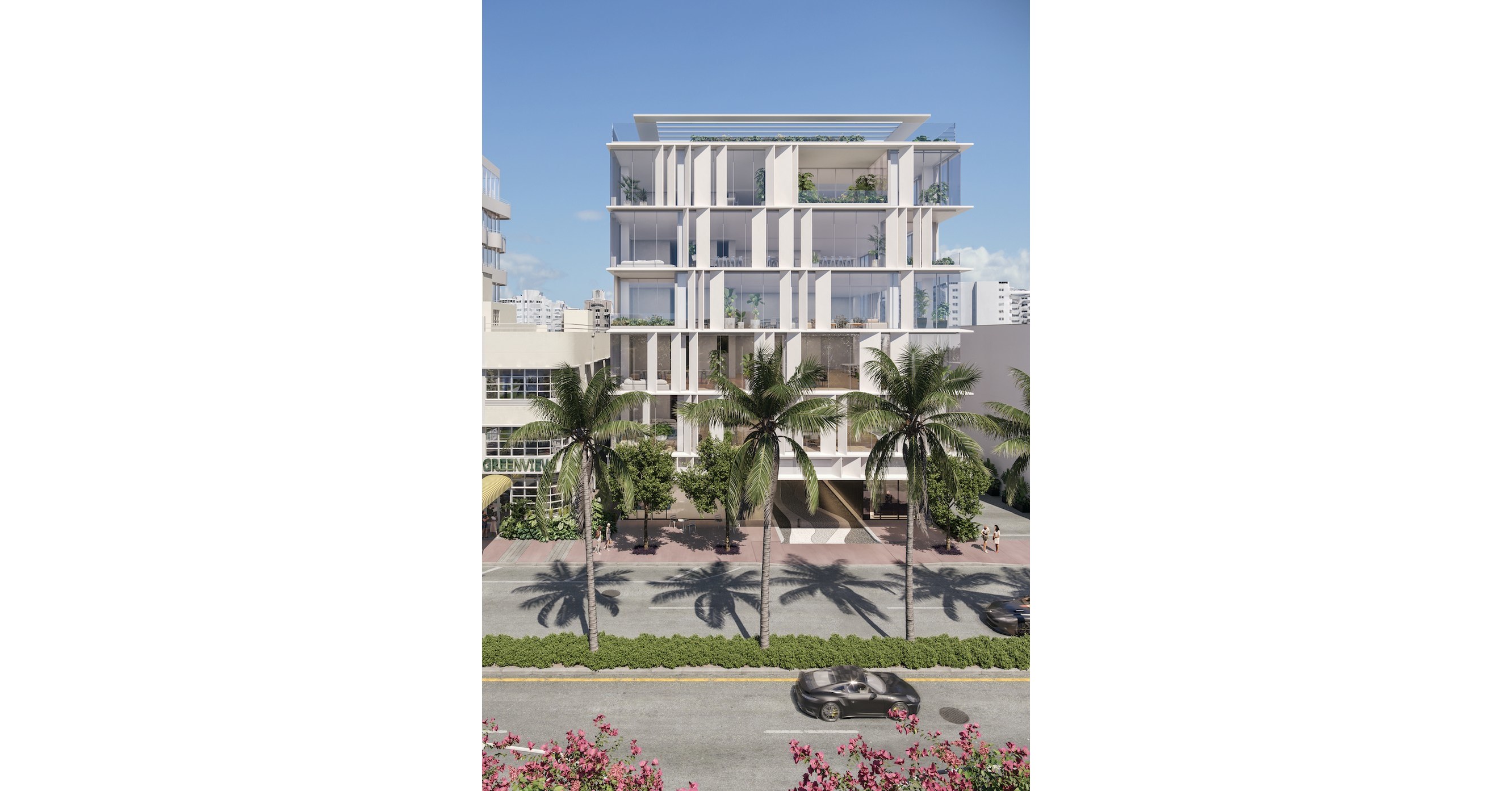Housing market power dynamic: Are homebuyers taking back control?
For the first time since the COVID-19 pandemic and its enticingly low interest rates sparked an insatiable housing market frenzy, buyers appear to be taking back the reins.
That’s according to new Redfin data, which shows more homebuyers are backing out of deals as the cooling housing market gives them more room to negotiate.
But there’s a dark side to it, too. Other homebuyers are also being forced to back out — not because they want to, but because higher mortgage rates are simply pricing them out.
What’s happening: Nationwide, about 60,000 home-purchase agreements broke down in June. That’s equal to almost 15% of homes that went under contract that month and is the highest percentage on record with the exception of March and April 2020 when the housing market came to all but a screeching halt at the very beginning of COVID-19 in the U.S., according to the Redfin analysis.
That 15% share of canceled home-purchase contracts compares to 12.7% in May and 11.2% in June of last year.
- Redfin’s analysis used MLS data going back through 2017. Redfin analysts also noted homes that fell out of contract during a given month didn’t necessarily go under contract the same month. For example, a home that fell out of contract in June could have gone under contract in May.
Where does the Utah housing market rank? Out of Redfin’s analysis of major metros across the U.S., the Salt Lake City metro area ranked 14th for its share of pending home sales that fell out of contract, with 22.4%.
Other major metros in the West also ranked high. Las Vegas ranked No. 1, with a 27.2% share of canceled contracts.
Metro areas in Florida — Lakeland, Cape Coral, Port St. Lucie and Jacksonville — swept the No. 2 through No. 5 rankings. Close behind was New Orleans, Louisiana, and two more Florida metros, Palm Bay and Orlando.
Another hot housing market in the West, Phoenix, Arizona, ranked ninth, with a 24.5% share of canceled contracts.
What does this mean? Though the canceled purchase agreements aren’t all good news for buyers — especially those who had to back out for affordability reasons — it does have a silver lining for the homebuyer market in general.
- “The slowdown in housing market competition is giving homebuyers room to negotiate, which is one reason more of them are backing out of deals,” Redfin deputy chief economist Taylor Marr said. “Buyers are increasingly keeping rather than waiving inspection and appraisal contingencies. That gives them the flexibility to call the deal off if issues arise during the homebuying process.”
Interest rates: As the Federal Reserve continues its war on record inflation, mortgage rates have fluctuated well beyond 5%, some days crossing the 6% threshold. For some homebuyers, this means hundreds more dollars on their monthly mortgage payments, to the point that some decide to walk away from the deal.
- “If rates were at 5% when you made an offer, but reached 5.8% by the time the deal was set to close, you may no longer be able to afford that home or you may no longer qualify for a loan,” Marr said.
Today’s interest rate: The average rate for a 30-year fixed mortgage hovered at 5.72% as of Tuesday, according to Bankrate.com.
As the Fed boosts interest rates, it’s had a cooling effect on the U.S. housing market, sending it into what an economist at Freddie Mac recently called the “most significant contraction” the housing market has seen since 2006.
- “When mortgage rates shot up to almost 6% in June, we saw a number of buyers back out of deals,” said Lindsay Garcia, a Redfin real estate agent in Miami. “Some had to bow out because they could no longer get a loan due to the jump in rates. Buyers are also more skittish than usual due to economic uncertainty.”
Is a bubble about to pop? While housing prices have surpassed even 2006 levels, before the housing bubble popped and sent the world spiraling into the Great Recession, housing experts cite the nation’s housing shortage and a strong job market as among the main reasons why today’s housing prices aren’t the same as the 2006 bubble.
/cdn.vox-cdn.com/uploads/chorus_asset/file/23619767/merlin_2926231.jpg)


